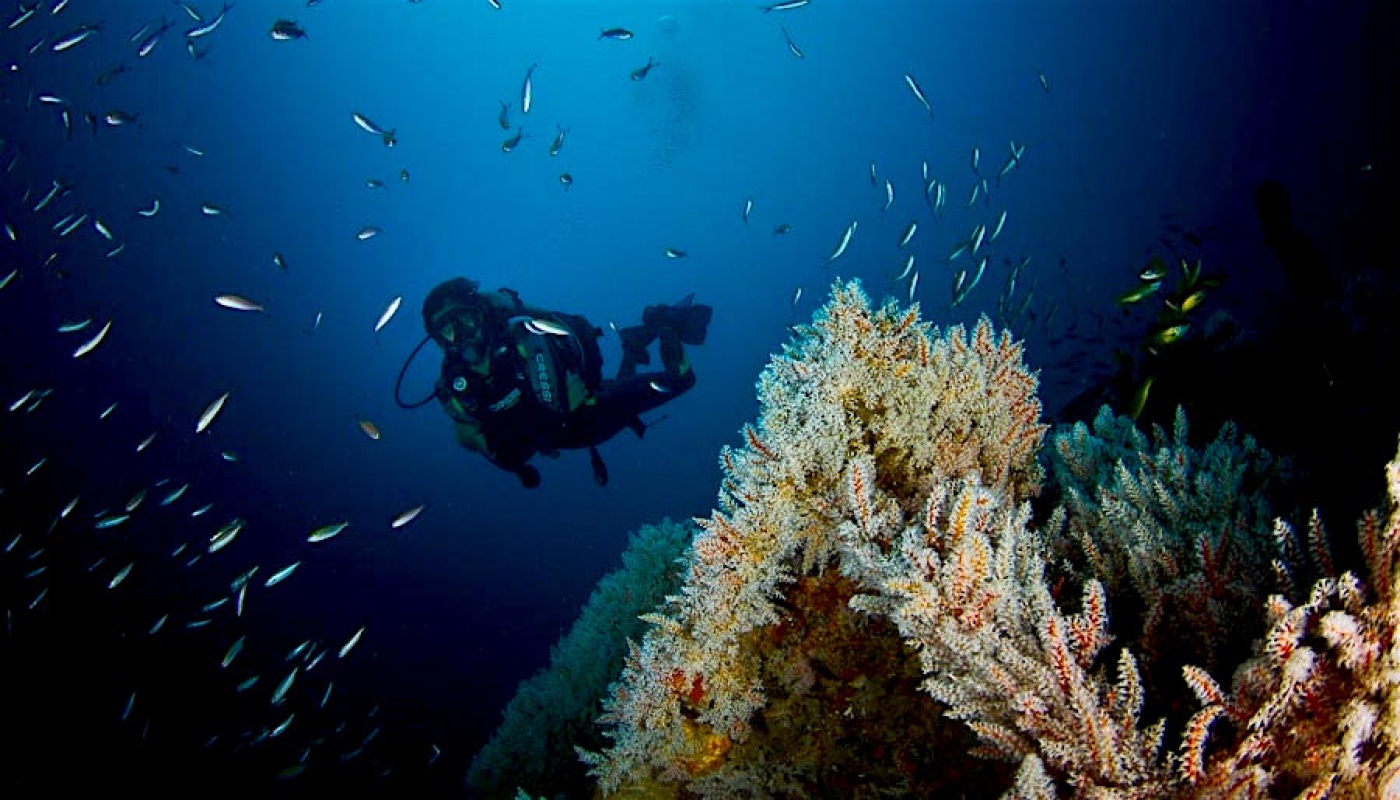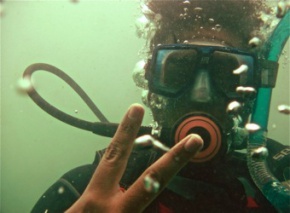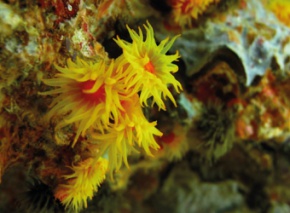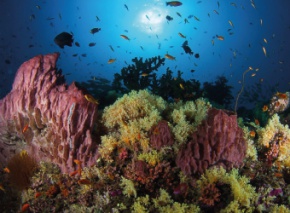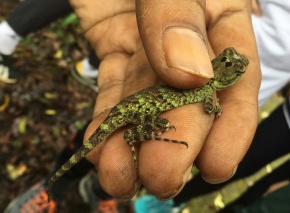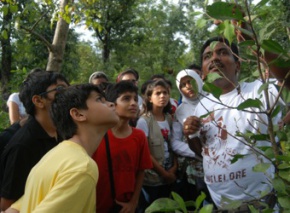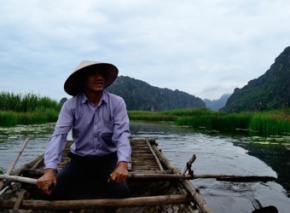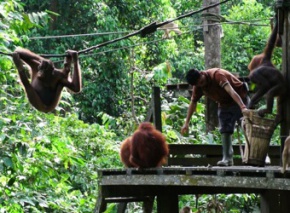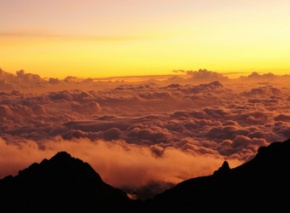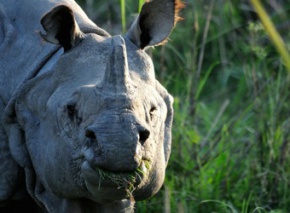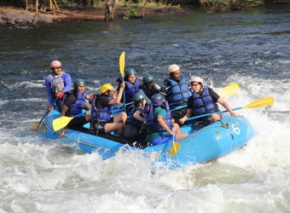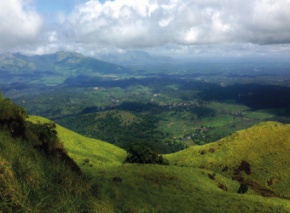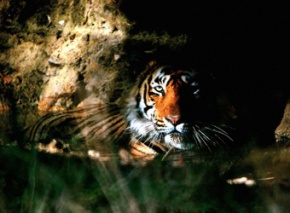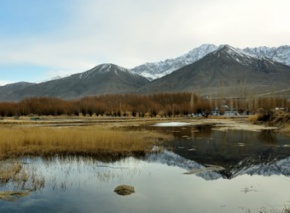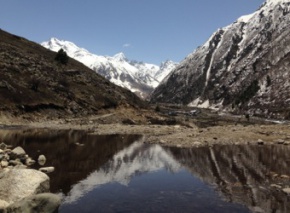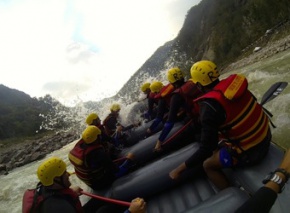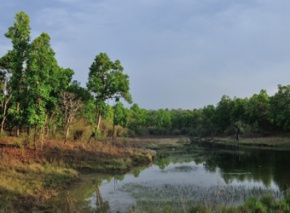
A trip to Sri Lanka should atleast be 5 night and 6 days so that it allows students to explore these activities curated for this module comfortably, with clear learning outcomes.
Given below are a few activities that can be conducted at this destination, along with the appropriate age group. Our forte is customisation, so feel free to select ONE, ALL or ANY combination of these activities to design a trip unique to your curriculum and experiential learning needs.
For our trips to Sri Lanka, we will be pairing with Island Scuba, a PADI Dive Resort. Founded and run by a group of marine and environmental scientists, they have been exploring, and documenting the reefs and wrecks around Sri Lanka and are experts when it comes to anything marine.
Students will have the opportunity to dive under the supervision of diving experts and explore marine ecosystems earning their Open Water Certification in the process. They will learn how to dive responsibly, observe behaviours of tropical reef fish, and understand the link between corals and ocean health, climate change and marine conservation.
As is common with tropical islands, Sri Lanka is surrounded by fringing reefs, and offshore reef patches, which make for spectacular diving. But what actually makes up a reef? How did they come to form, and why are reefs common around islands? What kind of reefs are found in Sri Lanka, and why are they important to conserve? The coral ecology course, conducted by a marine biologist, will answer all this and a lot more.
There are several different marine ecosystems found in Sri Lanka, the most common of which are coral reefs, rocky reefs, and seagrass. Each and everyone of these ecosystems supports a vast array of marine life, including several endemic species as well. During the workshop we will learn about the most common species, their evolutionary history, and a little bit about their behaviour as well. We will then test our memory skills underwater and try to identify the fishes that we will encounter on the reefs and wrecks
The island of Sri Lanka has lured explorers, traders and conquerors to it’s shores for centuries. However, treacherous reefs and sand bars have made for tricky navigation, and thus the seabed around the coast is littered with ship wrecks. In fact, recently scientists have discovered the remains of a ship that is 2000 years old! We will be learning about the cultural, archeological and ecological shipwrecks in our course. Following this, we will also learn to map and document the features of the wreck, and then practice these techniques while doing a wreck dive.
A haven for whale watching, there are several types of whales and dolphins which visit the islands during the winter months, including the blue whale, which is the largest cetacean in the world, as well as the largest mammal. Nowhere else in the world do these gentle giants venture so close to the shore line. We aim to ensure that these activities will be conducted in a sustainable way that ensures no harm to these magnificent animals.
CONSERVATION CONCERN

Related Destinations

Region: India
Active Modules: Marine Ecosystem Exploration, Project Based Trips, Service and Sustainability

Region: India
Active Modules: Marine Ecosystem Exploration, Life Skills Expeditions

Region: Thailand
Active Modules: Marine Ecosystem Exploration, Service and Sustainability, Project Based Trips

Region: Greece
Active Modules: Marine Ecosystem Exploration, Life Skills Expeditions, Service and Sustainability, Project Based Trips

Region: India
Active Modules: Terrestrial Ecosystem Exploration

Region: India
Active Modules: Life Skills Expeditions, Project Based Trips

Region: India
Active Modules: Terrestrial Ecosystem Exploration, Project Based Trips, Service and Sustainability

Region: India
Active Modules: Terrestrial Ecosystem Exploration, Project Based Trips, Service and Sustainability

Region: Vietnam
Active Modules: Life Skills Expeditions, Service and Sustainability

Region: Borneo
Active Modules: Terrestrial Ecosystem Exploration, Project Based Trips

Region: Borneo
Active Modules: Life Skills Expeditions, Service and Sustainability, Marine Ecosystem Exploration

Region: India
Active Modules: Terrestrial Ecosystem Exploration, Project Based Trips

Region: India
Active Modules: Life Skills Expeditions, Project Based Trips, Service and Sustainability

Region: India
Active Modules: Project Based Trips, Life Skills Expeditions, Service and Sustainability, Terrestrial Ecosystem Exploration

Region: India
Active Modules: Terrestrial Ecosystem Exploration, Project Based Trips, Service and Sustainability

Region: India
Active Modules: Life Skills Expeditions, Project Based Trips, Service and Sustainability, Terrestrial Ecosystem Exploration

Region: India
Active Modules: Life Skills Expeditions, Project Based Trips, Service and Sustainability

Region: India
Active Modules: Life Skills Expeditions, Project Based Trips, Service and Sustainability

Region: India
Active Modules: Terrestrial Ecosystem Exploration, Project Based Trips, Life Skills Expeditions
